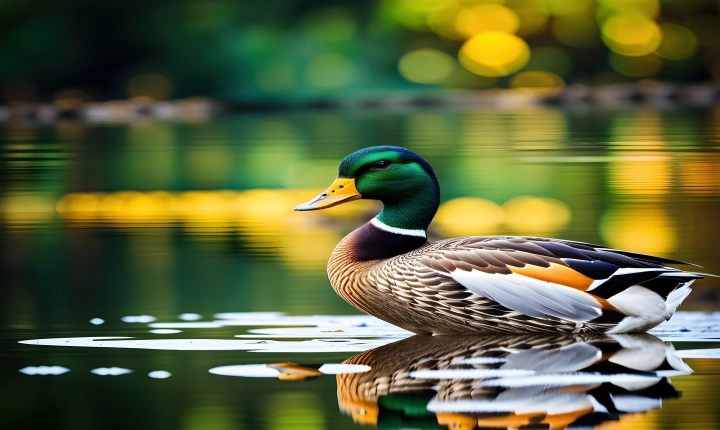AI rap, also known as AI-generated rap, is a form of music created entirely using artificial intelligence technology. This innovative approach to music production blurs the lines between human creativity and machine intelligence, raising questions about the future of music and artistic expression.
AI rap is developed using machine learning algorithms that are trained on large datasets of existing rap lyrics, rhythms, and vocal patterns. By analyzing these patterns, the AI can generate original rap verses, choruses, and even entire songs that mimic the style and flow of human rappers. This process involves computational linguistics, natural language processing, and audio synthesis to create a final product that is indistinguishable from human-generated rap.
One of the key advantages of AI rap is the speed and efficiency with which it can produce music. While human rappers may spend hours or even days crafting and perfecting their lyrics, an AI can generate multiple verses in a matter of minutes. This rapid production process allows for a high volume of music to be created, presenting both opportunities and challenges for the music industry.
In addition to speed, AI rap also offers a level of consistency and reliability that is difficult to achieve with human creativity alone. The AI can maintain a consistent tone, rhythm, and style throughout a song, eliminating the variability that can arise from different human rappers or producers. This predictability can be appealing to audiences and record labels seeking a specific sound or aesthetic.
However, the rise of AI rap also raises ethical and artistic questions. Is music truly authentic if it is created by a machine instead of a human? Does the use of AI technology in music production diminish the creative contributions of human artists? These are complex issues that touch on the nature of art, creativity, and the role of technology in shaping cultural expression.
Furthermore, the potential impact of AI rap on the music industry is a topic of debate. On one hand, AI can democratize music production by enabling a wider range of individuals to create and release music. This could lead to a more diverse and expansive music landscape. On the other hand, it may also present challenges for artists and producers who face competition from AI-generated music. Balancing innovation and fairness will be critical as AI rap continues to evolve.
Despite these uncertainties, AI rap represents a fascinating intersection of technology and creativity. It challenges our traditional notions of musical authorship and invites us to rethink the boundaries of artistic expression. As AI technology continues to advance, the future of AI rap and its impact on the music industry will be a fascinating area to watch.
